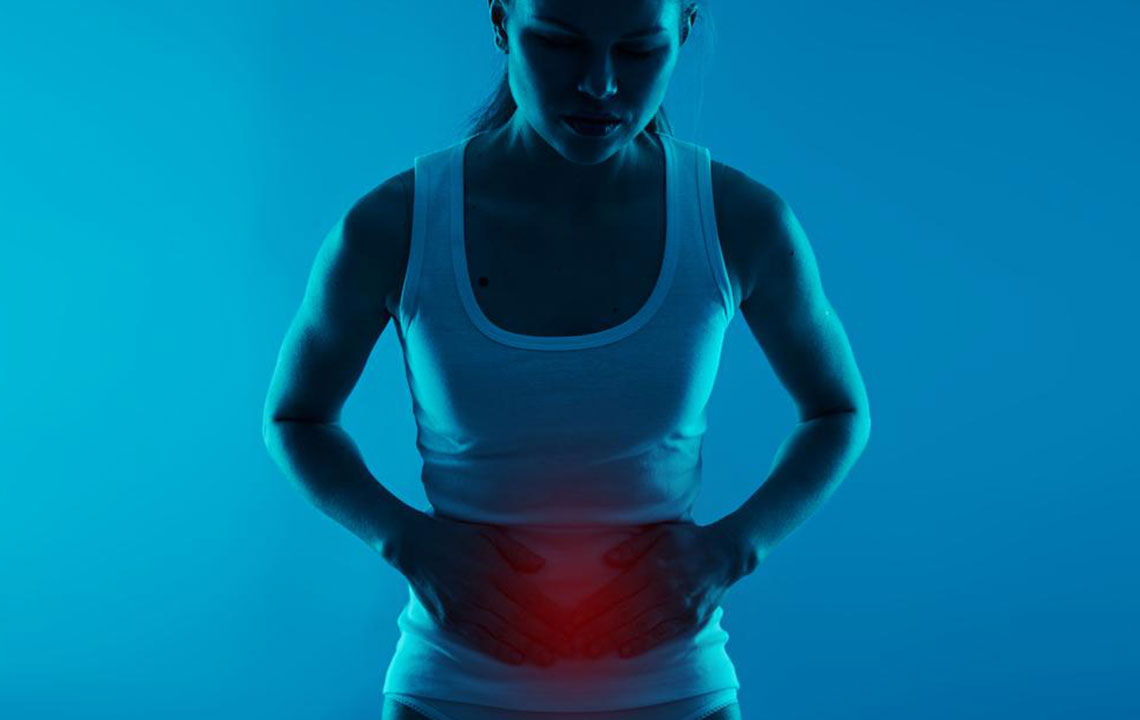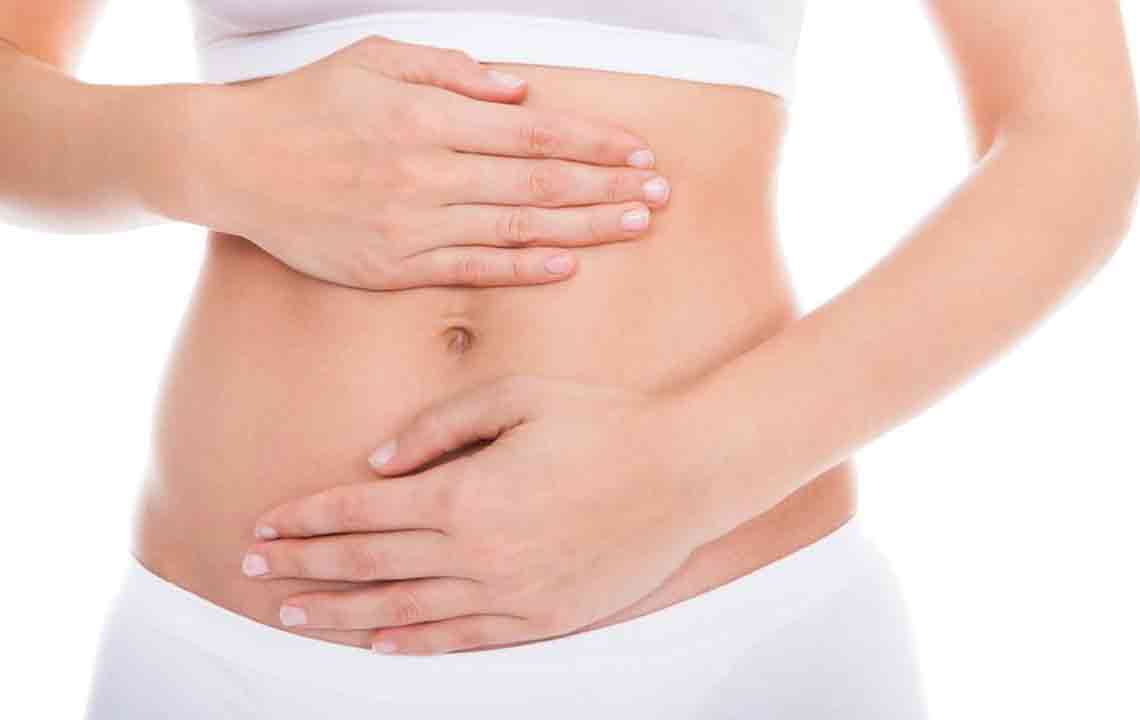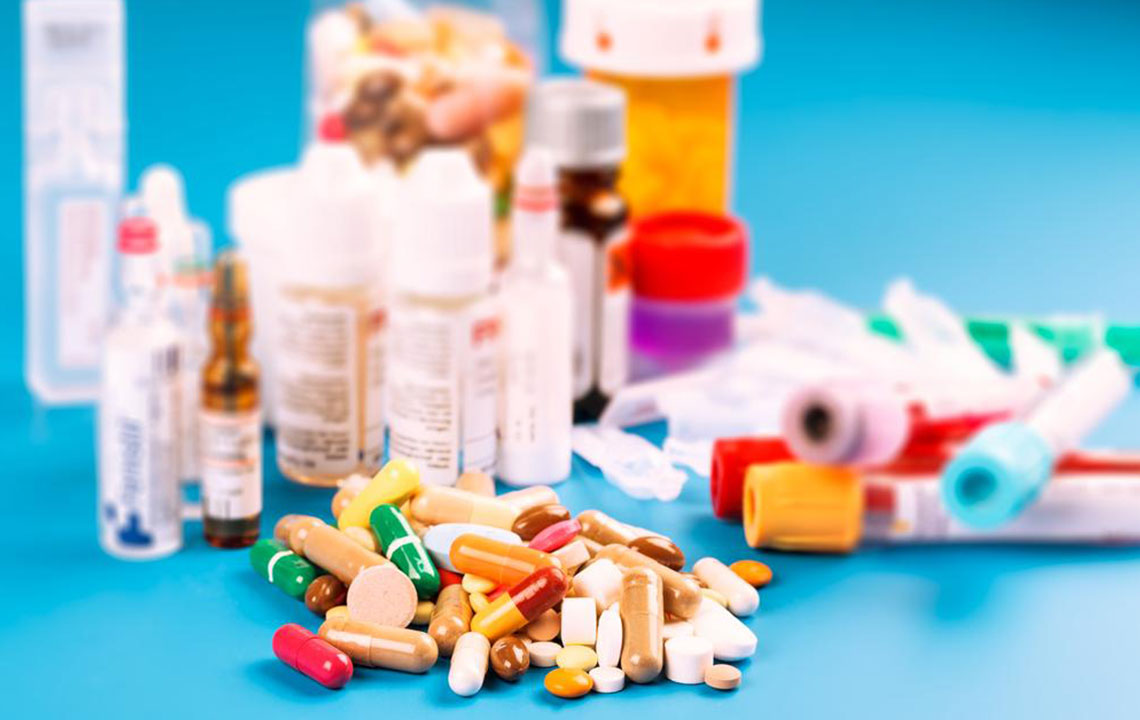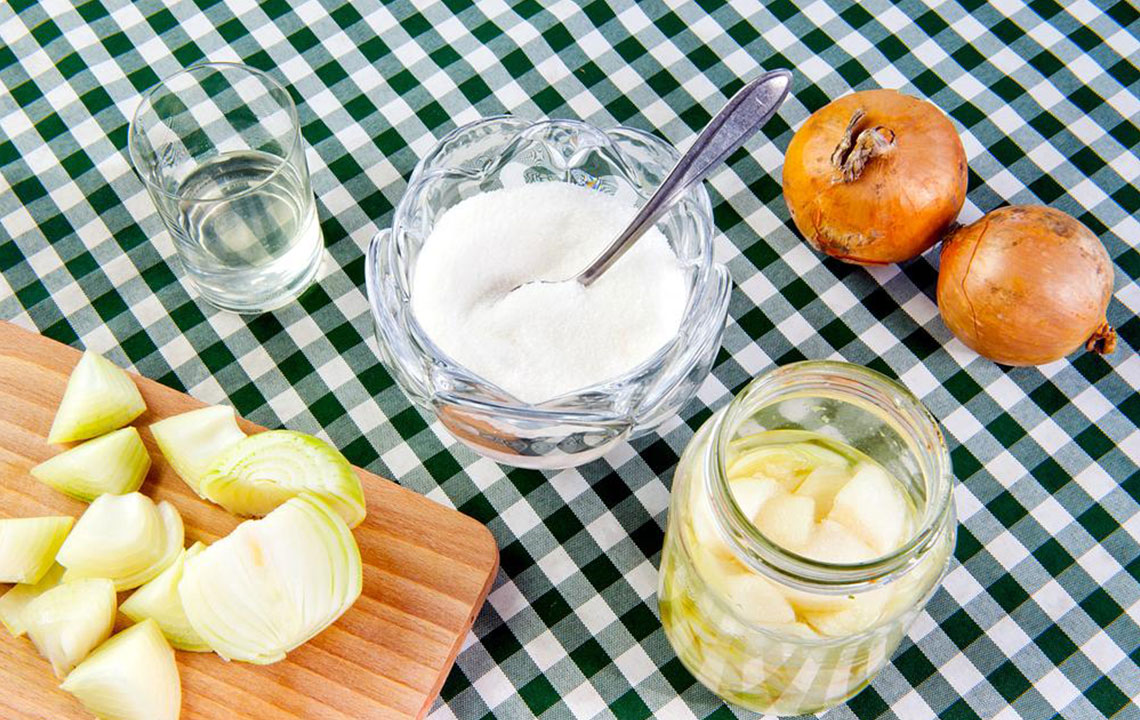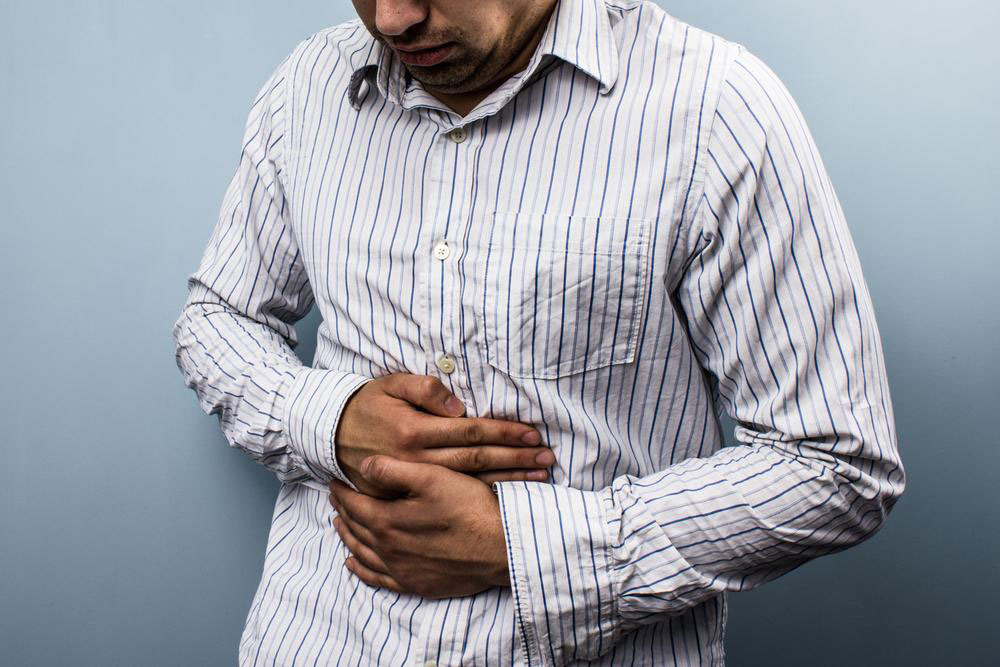Effective Strategies for Managing Diarrhea
Learn effective methods for managing and treating diarrhea, including dietary tips, hydration strategies, and when to seek medical help. Early intervention and proper care can lead to quick recovery and prevent complications.
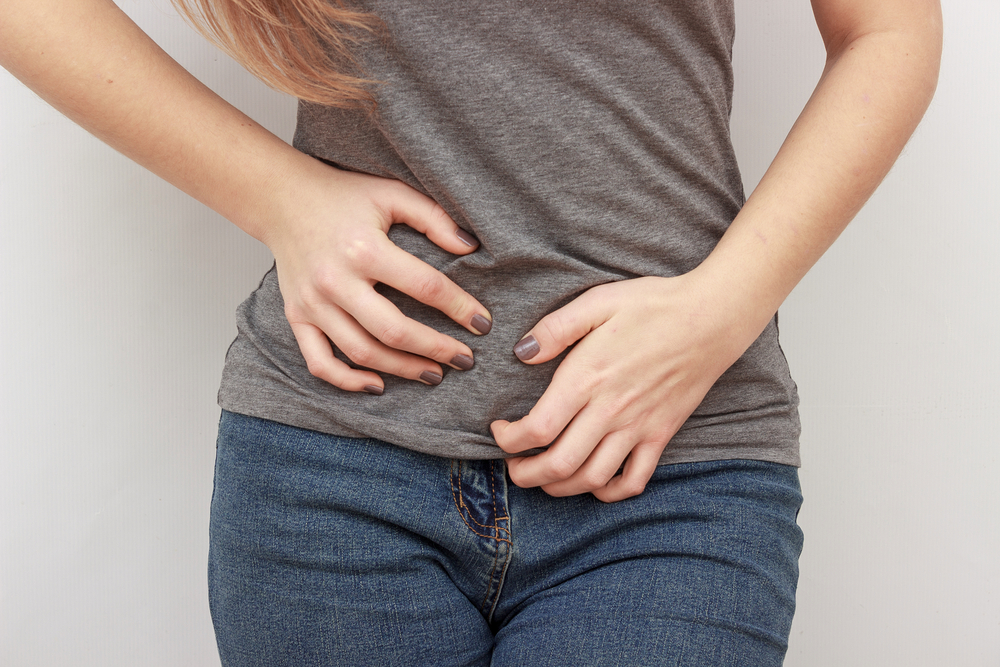
Effective Strategies for Managing Diarrhea
Experiencing diarrhea is common across all age groups, from infants to seniors. It often presents as stomach bloating, cramps, and watery stools. While many cases resolve with home remedies, some can become severe requiring medical attention. Understanding the causes and early treatment options is crucial for effective management. Before exploring remedies, it's important to identify potential causes and ways to prevent recurrence.
Causes of diarrhea
Diarrhea commonly results from food poisoning, bacterial or viral infections, contaminated water, or side effects from antibiotics. It reflects a disruption in the gastrointestinal system due to these factors. Symptoms usually improve as the system recovers, often within a week. Severe or chronic cases may take longer, sometimes weeks, to fully heal.
Management approaches for diarrhea
Most diarrhea cases resolve without medication within a few days. Persistent symptoms beyond two days may require medical evaluations including blood or stool tests. In rare, severe cases, procedures like colonoscopy might be necessary.
Medications for diarrhea Doctors prescribe drugs based on the cause identified through tests. Antibiotics target bacterial infections, while viral causes typically don't require antibiotics. Medications such as Quinaglute, Cytotec, Reglum, or corticosteroids may be recommended depending on severity and origin of diarrhea.
Home care and hydration are vital parts of recovery. Ensuring proper fluid intake helps prevent dehydration, which is common during frequent bowel movements. Avoid caffeinated, sugary, or alcoholic drinks, as these can worsen dehydration.
Supporting natural recovery with probiotics
Consuming probiotics—healthy bacteria found in foods like yogurt, kimchi, kefir, or supplements—can restore gut balance and reduce diarrhea duration. Including probiotic-rich foods in your diet benefits gastrointestinal health and aids recovery.
Diet recommendations during recovery
Initially, follow a light, fluid-based diet consisting of low-fiber foods such as bananas, rice, applesauce, toast, and boiled potatoes. This approach supports healing while minimizing stool looseness.
Foods to avoid
Steer clear of greasy, spicy, or fried foods, as well as raw vegetables and fruits that cause bloating. Artificial sweeteners and alcohol should also be avoided to prevent further irritation of the digestive tract.
Neglecting early symptoms can lead to worsening conditions. Prompt hydration, diet management, and medical consultation are essential if symptoms persist. Consulting healthcare professionals ensures proper diagnosis and effective treatment, helping you recover fully and regain health.

